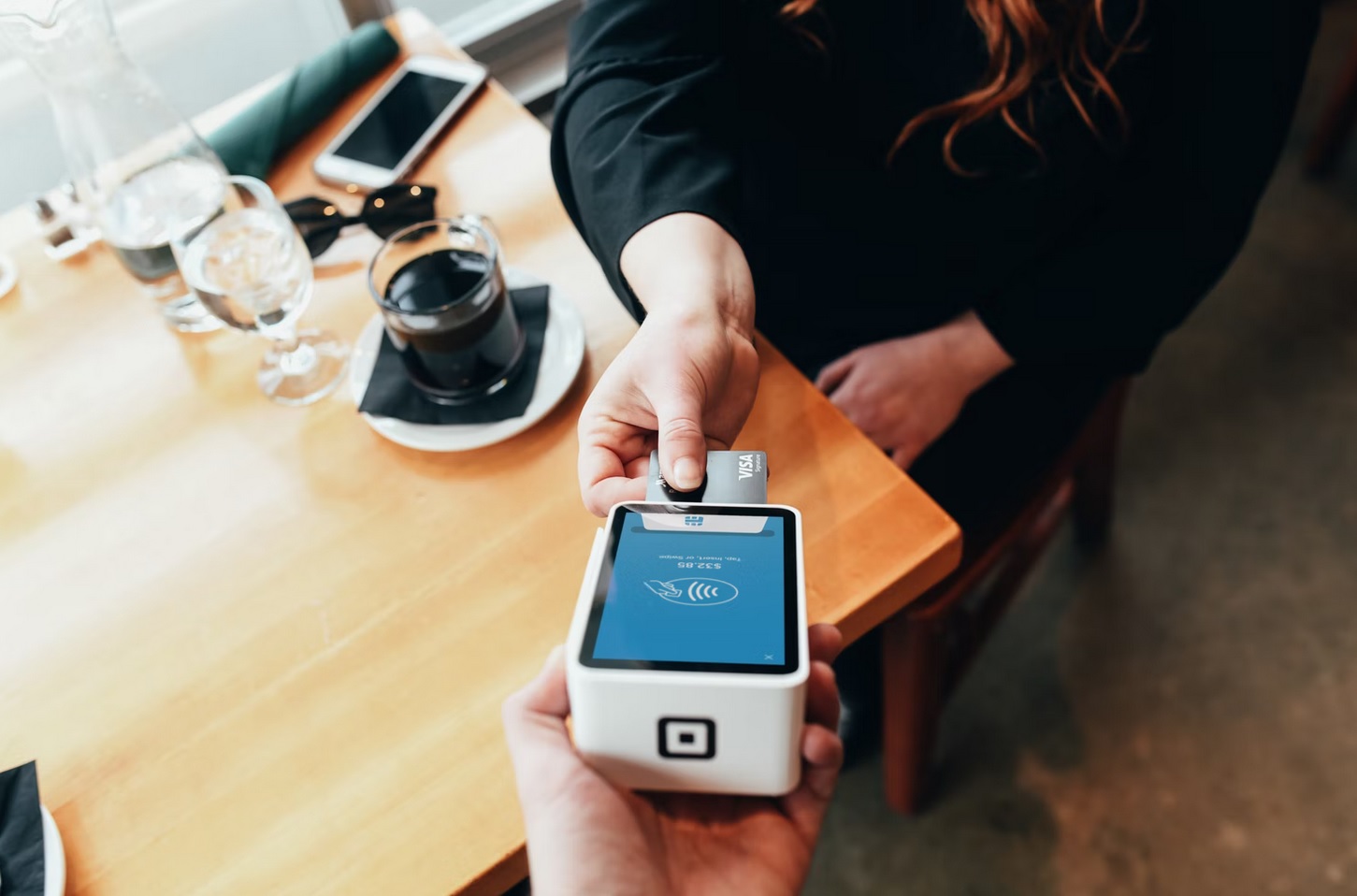The consumer-price index rose 8.5% in March from a year earlier, the fastest annual pace since December 1981, the Wall Street Journal reported on April 20. That’s the figure most consumers think of when they worry about rising prices. But there’s another number too often ignored – the cost of tips.
In a recent stop at a local Burgerville, I encountered a Uniden digital payment device with tip options: 15%, 18% 20%, custom and no tip.
The evil digital tip trap
A 20% tip, where there used to be no tip expectation at all, is equivalent to a 20% price increase on top of any inflationary increase in the price of the food itself.
Requests on electronic devices are becoming so pervasive that they are starting to feel like demands, particularly when the transactions are occurring under the watchful eyes of business employees.
As consumers are becoming more price sensitive over a host of goods and services, the reality that tips are increasingly becoming part of the price is raising concerns.
“Seems like anyone doing anything for you these days, even if it is in the scope of their responsibilities/expectations, has their hand out,” a recent commenter on a Tripadvisor Forum complained. “You don’t tip at a fast food restaurant,” another commenter said emphatically.
Consumer concerns are growing, particularly in states like Oregon where workers, such as servers, must be paid the state’s minimum wage ($14 in the Portland Metro Area, one of the highest in the United States according to the National Conference of State Legislatures) even if the worker also receives tips.
Regular minimum wage laws often don’t apply to restaurant workers, such as servers, who earn a lot of their income from tips. Federal law stipulates that employers can pay tipped workers as little as $2.13 an hour (an amount unchanged since 1991), so long as their tips bring them up to at least the federal minimum wage of $7.25.
Shoppers are generally sympathetic to the plight of low-wage workers, but public resentment seems to be growing when tips are expected in food service and other situations where a worker is also guaranteed earning an elevated minimum wage or in situations where tip expectations are new. We don’t generally tip retail workers in a mall who are also guaranteed a respectable minimum wage in Oregon, for example.
A recent New York Times article about tipping generated a lot of comments, many of which lamented the seeming spread of tipping expectations to multiple businesses and regardless of the amount of actual service by an employee:
“Travelling to the USA each year from Europe I notice this just getting more extreme and expensive with zero additional benefits to the consumer. The next screen flip I get, I would like to flip my own card with discount options for the proprietor that is forcing us to shoulder his staffing costs.”
“I hate the companies that use payment systems like Square, and I particularly hate the companies, like Square, that have brought this new dystopian world upon us. Down with tipping!”
“Collectively, we cringe when the iPad is swiveled into our face at the coffee counter or deli; we know it is extortion rather than appreciation for services rendered.”
Enough!
Disclaimer: Articles featured on Oregon Report are the creation, responsibility and opinion of the authoring individual or organization which is featured at the top of every article.



